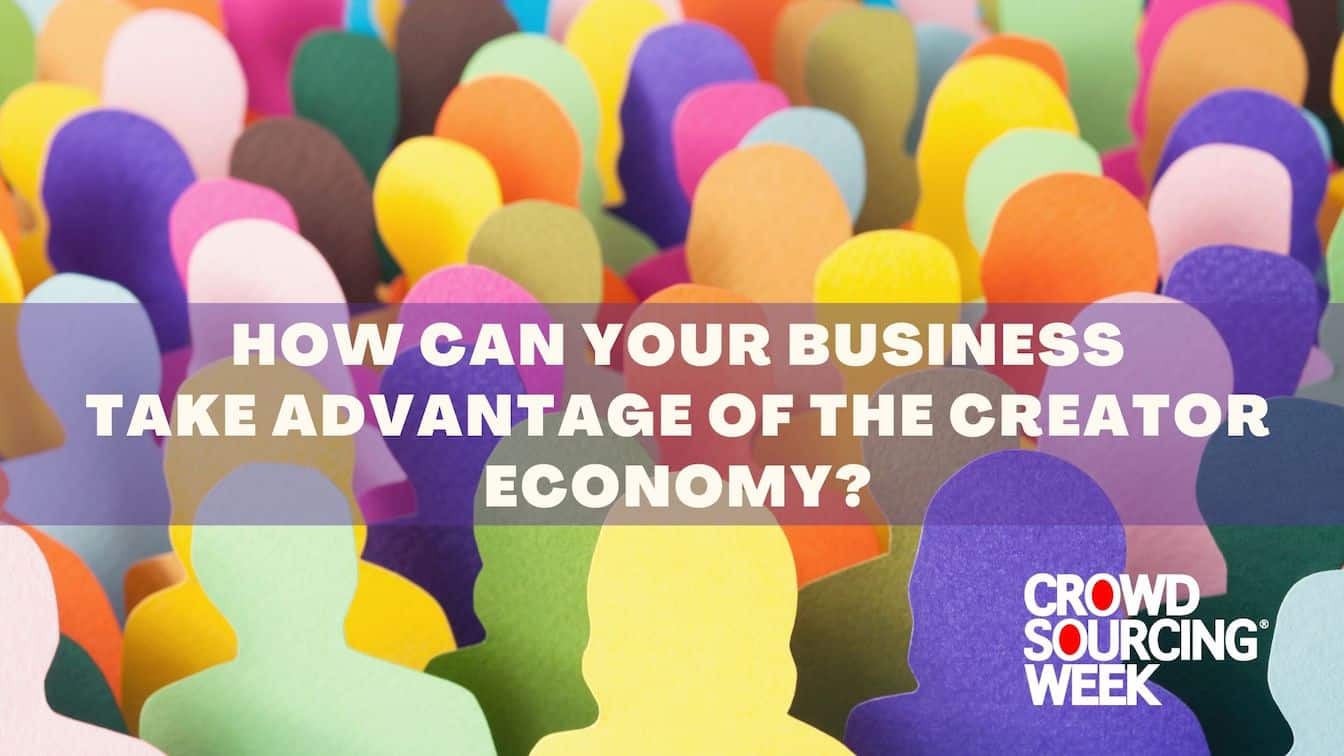The meteoric rise of ChatGPT has taken the tech world by storm. It has thrown a spotlight on the whole generative AI sector, and disrupted the creator economy. Let’s just be clear what we mean by the Creator Economy: it refers to the business of supporting and monetising content creation and distribution, typically through partnerships, collaborations, and investment in content creators and influencers.
The range of options open to people depends on whether they are in business to provide creative content, in a business that uses creative content, or have products or services to market to content creators. There can be a high degree of overlap due to the number of businesses that create other own creative content, rather than use a third-party such as a marketing or design agency.
Collaboration in content creation
Social media has an insatiable appetite for creative content, driving many content creators to explore increasing opportunities to partner-up with other content creators. By doing this, each person or business can benefit from the others’ reach, expertise, and creativity. This can include paid sponsorships, product integration, and influencer collaborations.
Businessses that are more purely content users can collaborate with content creators to create a virtual community that produces unique, engaging, and on-brand content for. This can include social media posts, blog articles, and video content. Building a community that values and supports creators can help attract and retain talent, drive engagement, and foster a sense of belonging for both creators and brand customers.
Influencer marketing is a notably grey area. Not all influencers create their own content, though many do. Of those that do, a number are shrinking away from the term “influencer” and re-categorising themselves as a “creator,” according to the marketing sector platform The Drum. Using influencer marketing involves a brand owner partnering with content creators to promote their brand. By leveraging the influence and credibility of creators, brands can reach new audiences and drive engagement.
Alternatively, brand owners may choose to invest in user-generated content. It is a powerful tool for businesses, produced by encouraging customers to create and share content, such as product reviews, photos, and videos. Some say decentralised creativity helps build brand awareness and credibility in a more authentic manner.
Developing or integrating tools and services that make it easy for creators to create and monetize their content can help attract and retain talent and build a strong creator ecosystem. This can include content creation software, monetization platforms, and support services.
What are the disadvantages?
- Cost: Partnering with creators or investing in influencer marketing can be costly, especially if you work with high-profile creators.
- Lack of control: When collaborating with creators, you may have limited control over the content they produce, which could potentially harm your brand if it doesn’t align with your values or message.
- Measurement challenges: Measuring the ROI of creator and influencer marketing can be difficult, making it challenging to determine the effectiveness of your investment.
- Competition: The creator economy is rapidly growing, which means that competition for creators and influencers can be high. This can drive up costs and make it challenging to find the right talent for your brand.
- Legal compliance: Partnering with creators and influencer marketing can involve legal compliance issues, such as disclosure requirements and consumer protection regulations. It’s important to familiarise yourself with the regulations and ensure that your partnerships are compliant.





0 Comments